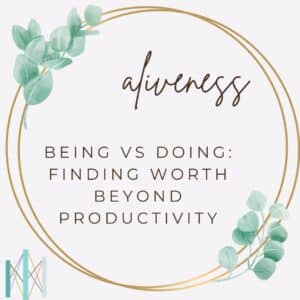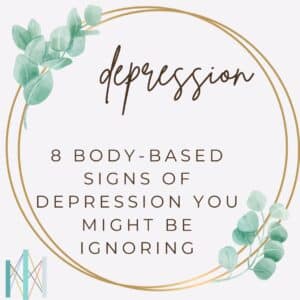
7 Things a Therapy App Can Never Do for You
Reviewed by Kathryn Vercillo, MA Psychology | Last Updated: November 2025 You have probably downloaded at least one. Maybe several. The meditation app that promised to ease your anxiety. The mood tracker that was supposed to help you understand your patterns. The chatbot that offered cognitive behavioral therapy techniques at 2 AM when you could not sleep. These apps are...









